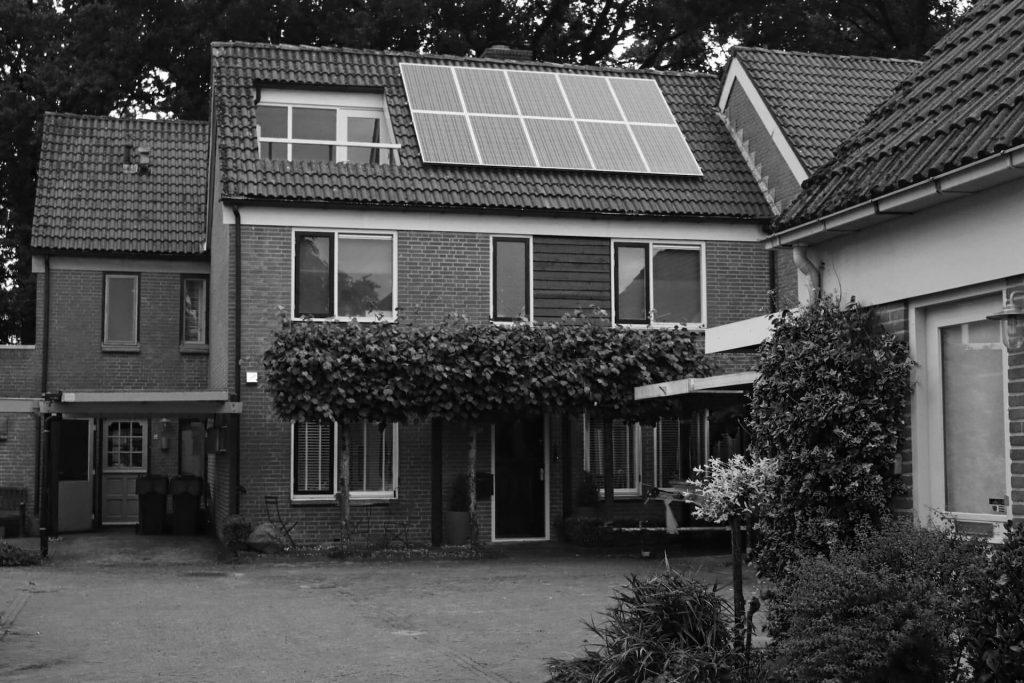
Solar energy has rapidly evolved from a niche alternative to a mainstream energy source. The benefits of installing solar panels extend beyond mere cost savings, offering a myriad of advantages that cater to a sustainable future. This article delves into these benefits, underscoring how solar panels are a prudent, eco-friendly, and economically sound investment.
Environmental Benefits
Reducing Carbon Footprint: Solar panels significantly cut down CO2 emissions, making a direct impact on reducing one’s carbon footprint. By harnessing the sun’s power, homeowners contribute to a cleaner, greener planet.
Contribution to Sustainable Living: Solar energy is a renewable resource, meaning it won’t run out like fossil fuels. By adopting solar panels, individuals take a crucial step towards sustainable living, ensuring a healthier planet for future generations.
Economic Advantages
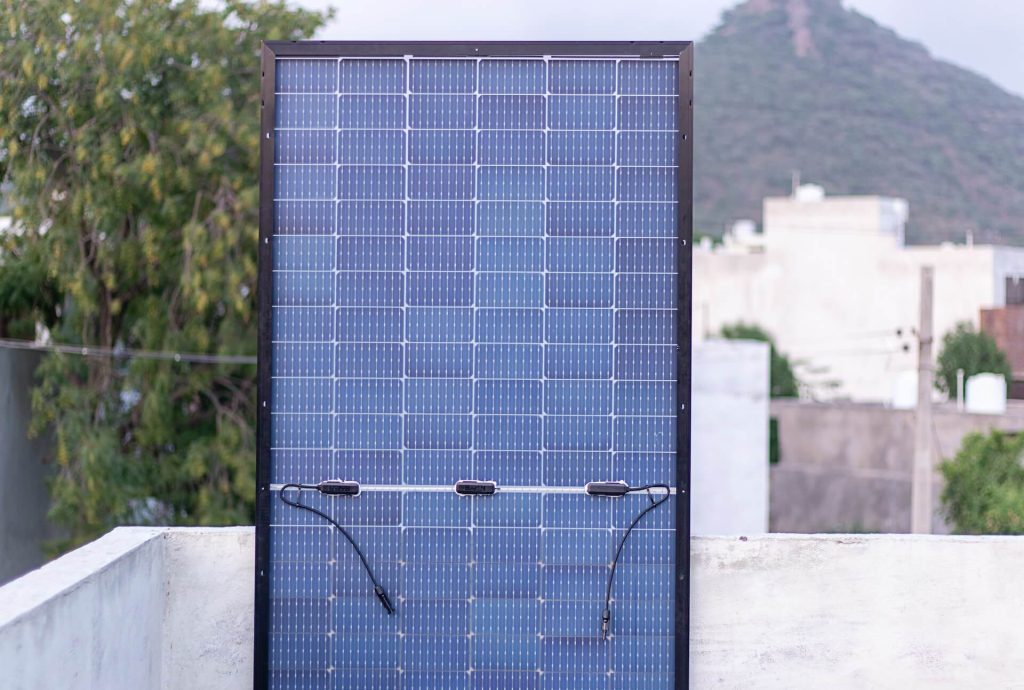
Long-Term Cost Savings: The initial investment in solar panels is offset by the substantial savings on electricity bills over time. Solar energy reduces dependency on utility providers, offering financial freedom in the long run.
Increase in Property Value: Homes equipped with solar panels often see an increase in property value. They are more attractive to eco-conscious buyers, making them a lucrative investment in the real estate market.
Energy Independence
Reducing Reliance on Non-Renewable Energy: Solar panels decrease dependence on non-renewable energy sources, ensuring a stable and consistent energy supply, unaffected by market fluctuations and political turmoil.
Consistent Energy Supply: Solar energy provides a reliable and consistent energy source. Even in areas with frequent power outages, solar panels can keep the lights on.
Government Incentives and Support
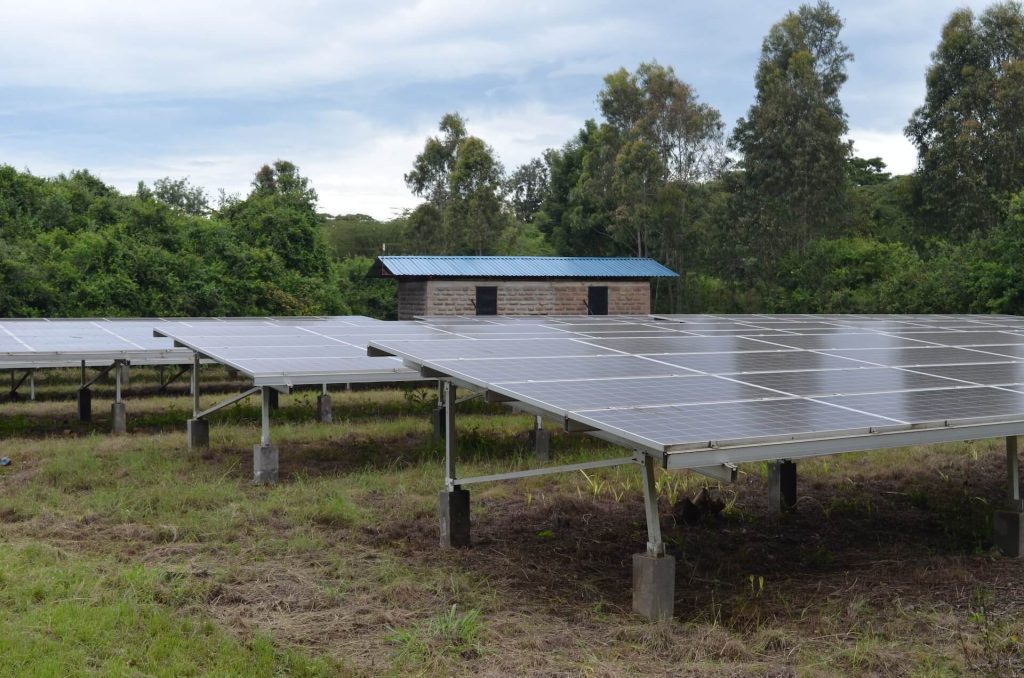
Tax Credits and Rebates: Many governments offer incentives for solar panel installation, including tax credits and rebates. This support makes the transition to solar energy more accessible and affordable.
Supporting Policies for Solar Panel Users: Legislative support for solar energy users, such as net metering, allows homeowners to sell excess energy back to the grid, further enhancing the economic benefits of solar panels.
Advancements in Solar Technology
Innovation in Solar Panel Efficiency: Recent advancements in solar technology have significantly increased the efficiency of solar panels, making them more appealing and practical for residential and commercial use.
Future Prospects: The ongoing research and development in the field of solar energy promise even more efficient and cost-effective solutions in the future, solidifying solar energy’s role in the global energy landscape.
Solar Energy in Different Climates

Performance in Various Weather Conditions: Contrary to common misconceptions, solar panels are effective in diverse climates, including overcast and cold regions, ensuring versatility and adaptability.
Geographic Suitability: Solar energy isn’t just for sunny locales. Its suitability across various geographic regions makes it a viable energy option globally, breaking down geographical barriers to renewable energy adoption.
Impact on Community and Society
Job Creation in the Solar Industry: The solar industry is a significant job creator, offering employment opportunities in manufacturing, installation, maintenance, and research.
Community Solar Projects: Solar energy fosters community development through shared solar projects, which allow multiple stakeholders to benefit from a single solar array, promoting energy equity and community involvement.
Solar Energy for Businesses

Cost-Benefit Analysis for Enterprises: For businesses, solar panels are not just an environmental statement but a financially sound decision. A cost-benefit analysis often reveals long-term savings and return on investment.
Corporate Responsibility and Green Image: Businesses that adopt solar energy contribute positively to their corporate social responsibility initiatives, enhancing their public image as environmentally conscious entities.
Maintenance and Durability of Solar Panels
Lifespan and Reliability: Modern solar panels are designed for durability, typically lasting 25-30 years with minimal maintenance, making them a long-term investment in clean energy.
Ease of Maintenance: Maintenance requirements for solar panels are relatively low, involving routine cleaning and occasional checks, further adding to their appeal.
Integration with Smart Home Technologies
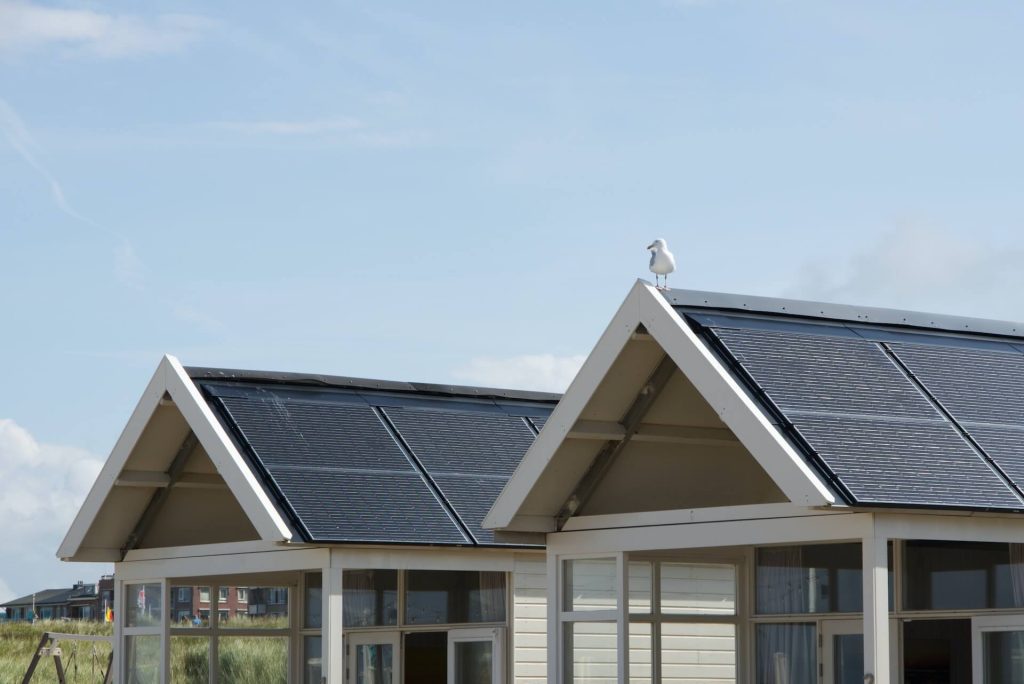
Enhancing Home Automation: Solar panels can be seamlessly integrated with smart home technologies, enabling efficient energy use and management, and enhancing the overall smart home experience.
Energy Management Systems: Advanced energy management systems can optimize solar energy utilization, providing real-time data and control over energy consumption patterns.
Case Studies of Successful Solar Installations
Residential Success Stories: Numerous homeowners have transformed their energy usage and savings through solar panel installations, with case studies highlighting the tangible benefits experienced.
Large-Scale Commercial Projects: The impact of solar energy is also evident in large-scale commercial projects, showcasing the feasibility and benefits of solar energy in various settings.
Comparative Analysis with Other Renewable Energies
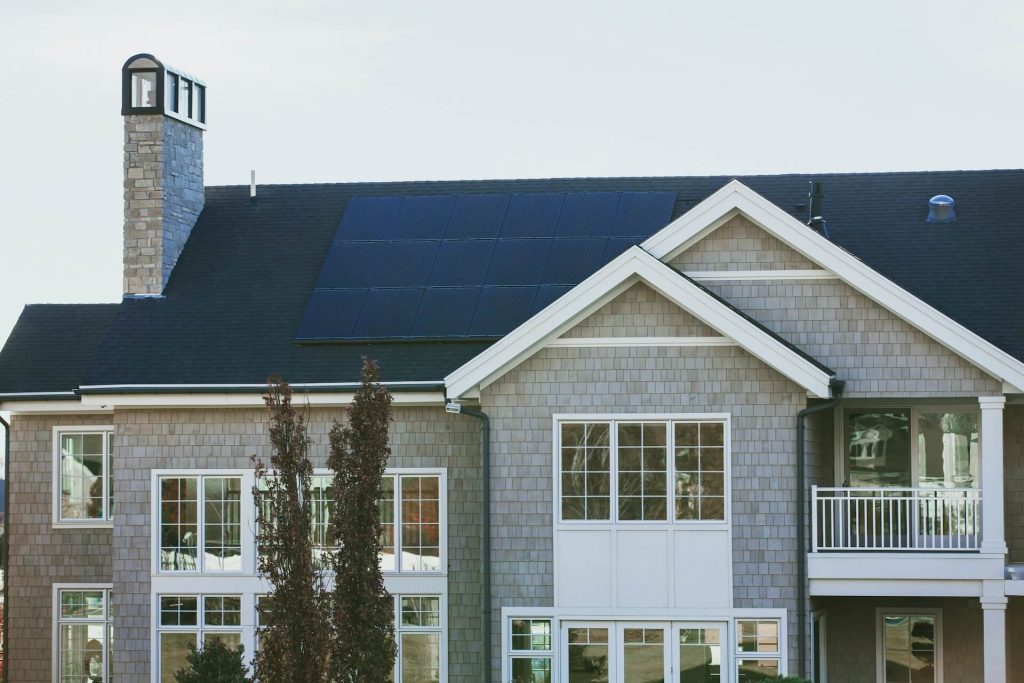
Solar vs. Wind Energy: While both solar and wind energy are pivotal in the renewable energy mix, their characteristics, advantages, and challenges differ, offering unique benefits.
The Place of Solar in the Energy Mix: In the broader renewable energy landscape, solar energy plays a crucial role, complementing other forms of renewable energy to create a sustainable energy future.
The Role of Solar in the Future Energy Landscape
Projections and Predictions: Experts predict a significant increase in the adoption of solar energy, envisioning it as a key player in the future global energy mix. This shift is anticipated to reduce reliance on fossil fuels and mitigate climate change impacts.
Solar’s Contribution to Global Energy Goals: Solar energy is central to achieving global energy goals, including reducing greenhouse gas emissions and increasing the share of renewable energy in the energy mix, crucial for sustainable development.
Understanding Solar Panel Financing

Options and Strategies: Various financing options, such as solar leases, loans, and power purchase agreements (PPAs), are available to make solar panel installation accessible to a wider audience.
Navigating Financial Decisions: Understanding the financial aspects of solar panel installation, including costs, return on investment, and break-even points, is essential for making informed decisions.
Solar Panels and Home Resale Value
Impact on Real Estate Market: Homes with solar panels often have a higher resale value. This is attributed to the growing demand for energy-efficient and eco-friendly homes among buyers.
Attractiveness to Eco-conscious Buyers: Solar panels are a significant selling point for eco-conscious buyers, making properties with solar installations highly sought after in the real estate market.
Solar Energy and Wildlife Conservation
Minimal Environmental Impact: Solar panels have a relatively low impact on the environment compared to other energy sources, making them a wildlife-friendly option.
Promoting Biodiversity: By reducing habitat destruction and pollution associated with conventional energy sources, solar panels contribute to the preservation and promotion of biodiversity.
Global Solar Energy Trends

Adoption Rates Worldwide: The adoption of solar energy is on the rise globally, with numerous countries investing heavily in solar infrastructure and technology.
Leading Countries in Solar Energy: Countries like China, the United States, and Germany are at the forefront of solar energy adoption, setting examples for others to follow.
Solar Panels in Urban vs. Rural Settings
Suitability and Implementation: Solar panels are versatile, suitable for both urban and rural settings, each with unique implementation strategies and benefits.
Unique Challenges and Opportunities: The challenges and opportunities in implementing solar energy solutions differ in urban and rural areas, highlighting the adaptability of solar technology.
Overcoming Common Misconceptions About Solar Energy
Debunking Myths: Addressing common misconceptions about solar energy, such as its effectiveness in different weather conditions and geographical locations.
Presenting Facts: Providing factual information to counter these myths helps in educating the public and encouraging informed decision-making about solar energy adoption.
Future Innovations in Solar Energy
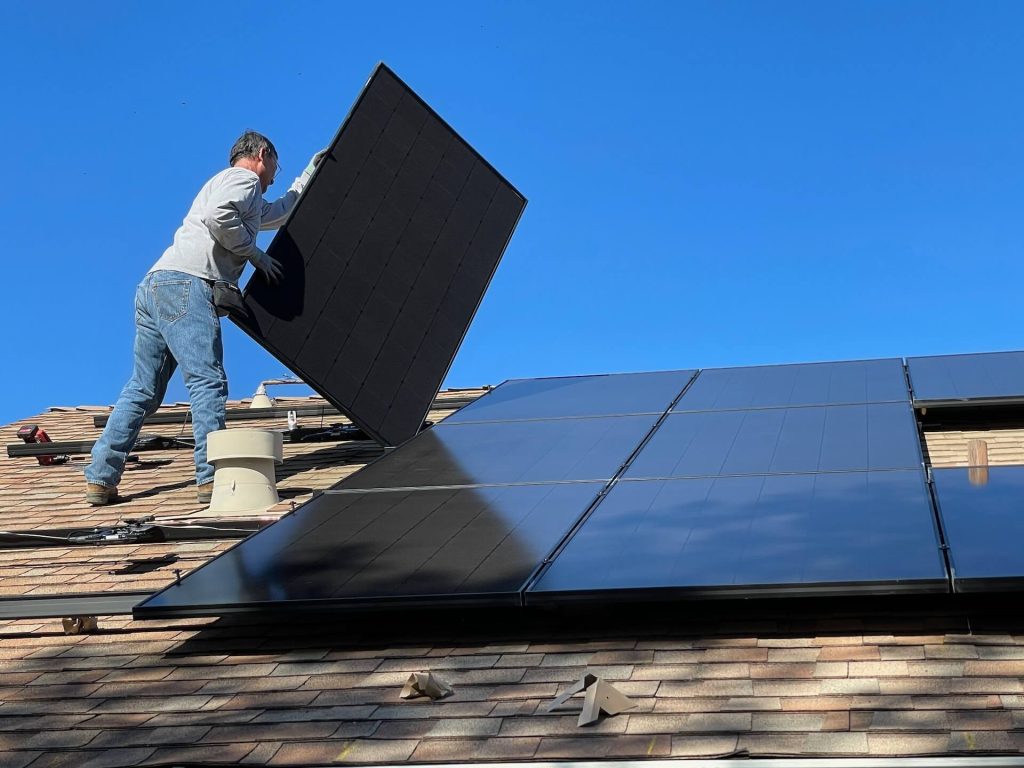
Emerging Technologies: Exploring the potential future innovations in solar technology, such as improved efficiency, battery storage solutions, and integration with other renewable sources.
Potential Breakthroughs: Anticipating future breakthroughs in solar technology that could revolutionize the way we harness and use solar energy.
Conclusion
Embracing solar energy is more than a trend; it’s a lifestyle choice that offers extensive benefits. The advantages of installing solar panels range from environmental to economic, making it a wise decision for those looking to contribute to a sustainable future while enjoying financial perks.
0 Comments